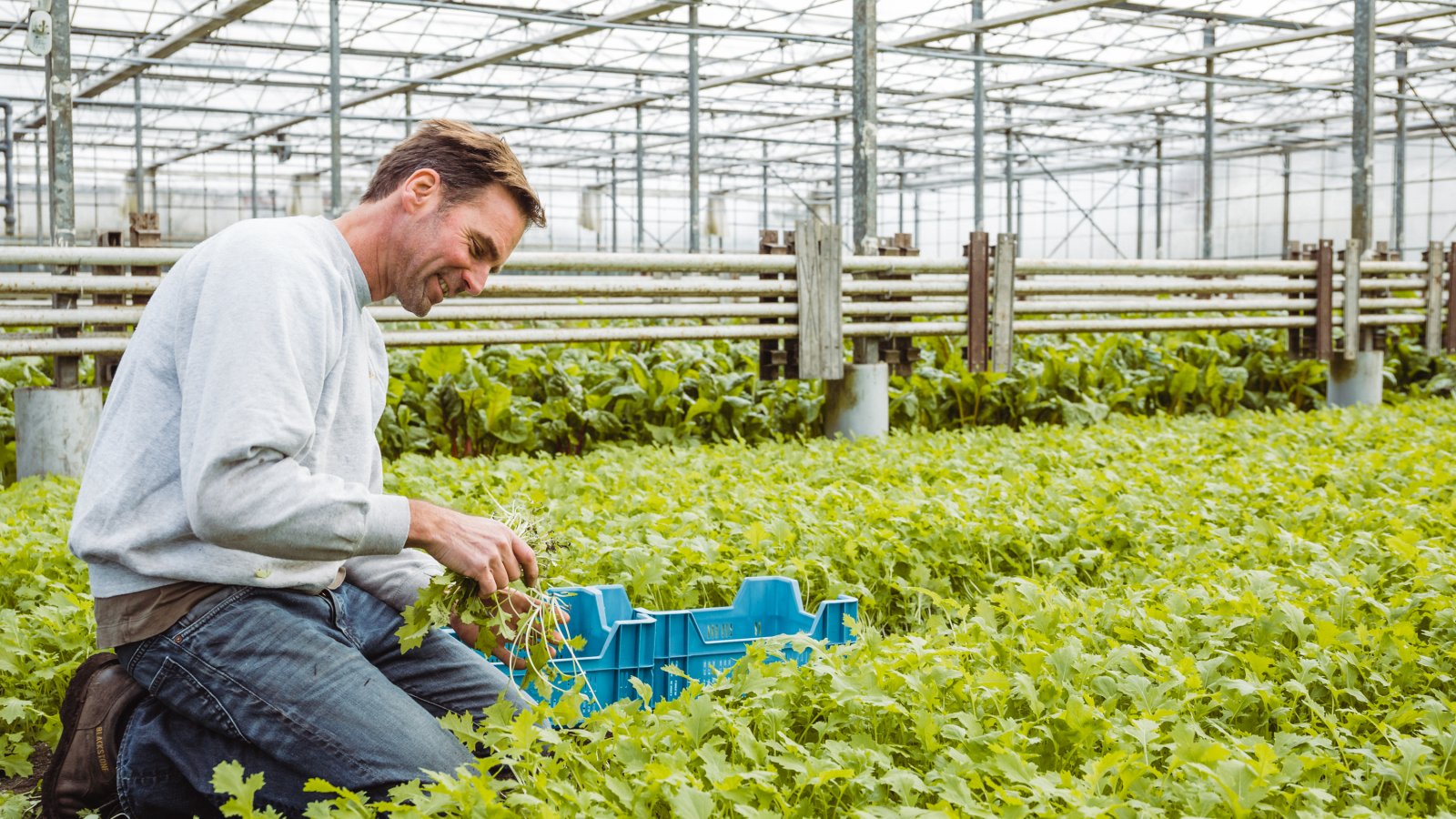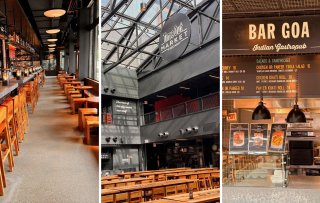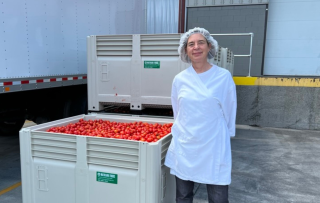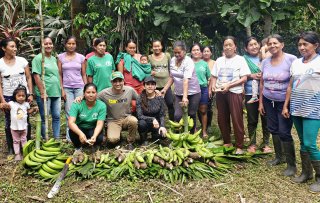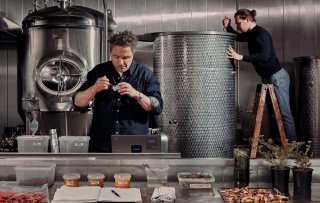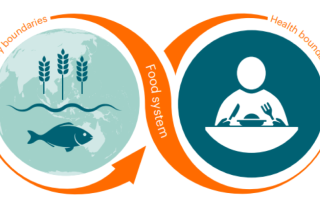The pandemic has left deep scars in society. Now that 'normal life' is picking up, people and businesses are licking their wounds. The crisis has also left its indelible mark on the world of food & hospitality. But times are changing and there are great social and economic challenges ahead of us. In our Trend Report of 2022 we identify eight dominant trends that will shape the sector of foodservice in years to come. Below we highlight four of them.
1 Climate positivity
We’re at the start of a decade in which major steps must be taken in the field of sustainability. The time of greenwashing is over, with companies now having to show what their impact is on people and the environment. Even more so, companies will have to be the catalyst for change moving towards a planet in balance. Companies that really want to make a difference must strive for regeneration, for a climate-positive balance in which they give back more to the earth than what they take from it. Consumers increasingly expect a form of radical transparency from companies and producers.
3 implications
- The conversation about sustainability and climate change is shifting from denial of climate problems and discussion about the reliability of scientific research, to discussion about strategies for action.
- Consumers expect radical transparency so that they can make informed choices.
- On a gastronomic level, too, guests expect more and more transparency. Consumers will be increasingly choosing restaurants and chefs with a sustainable vision. Since 2021, Michelin has made visible which chefs have the best interests of the environment in mind with green Michelin stars.
2 Naturality
Naturality is about rediscovering nature as a source of inspiration and nourishment, and learning from 3.8 billion years of life on earth. If we want to meet the climate targets, we will have to take a critical look at our entire food system and make radical choices. Technological innovations will help, but so will small-scale farmers who have been farming in harmony with nature for thousands of years. The protein transition has to continue; a plant-based diet should become the global basis if we really want to stop the climate problems. Governments can help in the promotion of naturality and the route to a more sustainable food system.
3 implications
- The livestock industry accounts for half of the total CO2 emissions from agriculture. As much as 80% of greenhouse gas emissions from total food production come from animal products. According to the Boston Consulting Group, we will reach peak meat consumption in 2025. After Peak Meat, eating animal protein will structurally decline. By 2035, 22% of the protein eaten worldwide is expected to have an environmentally friendly source.
- The solutions for a future-proof, sustainable food system lie in a collaboration between smart applications of technology and the lessons that can be learned from the ancient, hyperlocal mode of production.
- Regenerative agriculture is an example of low-tech agriculture. This way of farming aims to make a positive contribution to an ecosystem, by using and optimizing natural processes.
3 New economy
The coronavirus crisis was primarily a health crisis. Every effort was made to minimize the spike on health care, so that medical damage was limited. However, the economic damage was enormous. Especially for the hospitality industry. Yet, it is to be expected that the biggest wave of bankruptcy is still to come, when financial support packages from governments stop.
Only then will the accumulated debt burden be felt in all its intensity in many companies. At the same time, money is always looking for a destination, and investors are eager to invest growth capital in companies that are future-proof and help reset the food system. A new era calls for a new economy, and a new economy calls for new prices. A change is on the way regarding the costing of selling prices, at the same time, increases in raw material and purchase prices are the order of the day.
3 implications
- Globally, commodity prices are increasing and inflation is rising. Ultimately, consumers will feel this increase of prices in their purses.
- The True Cost calculation method charts not only the economic, but also the social and ecological costs of a product.
- The investment climate has changed in recent years. Banks are less open to loans or investments, meanwhile venture capitalist have become more active on the global food market.
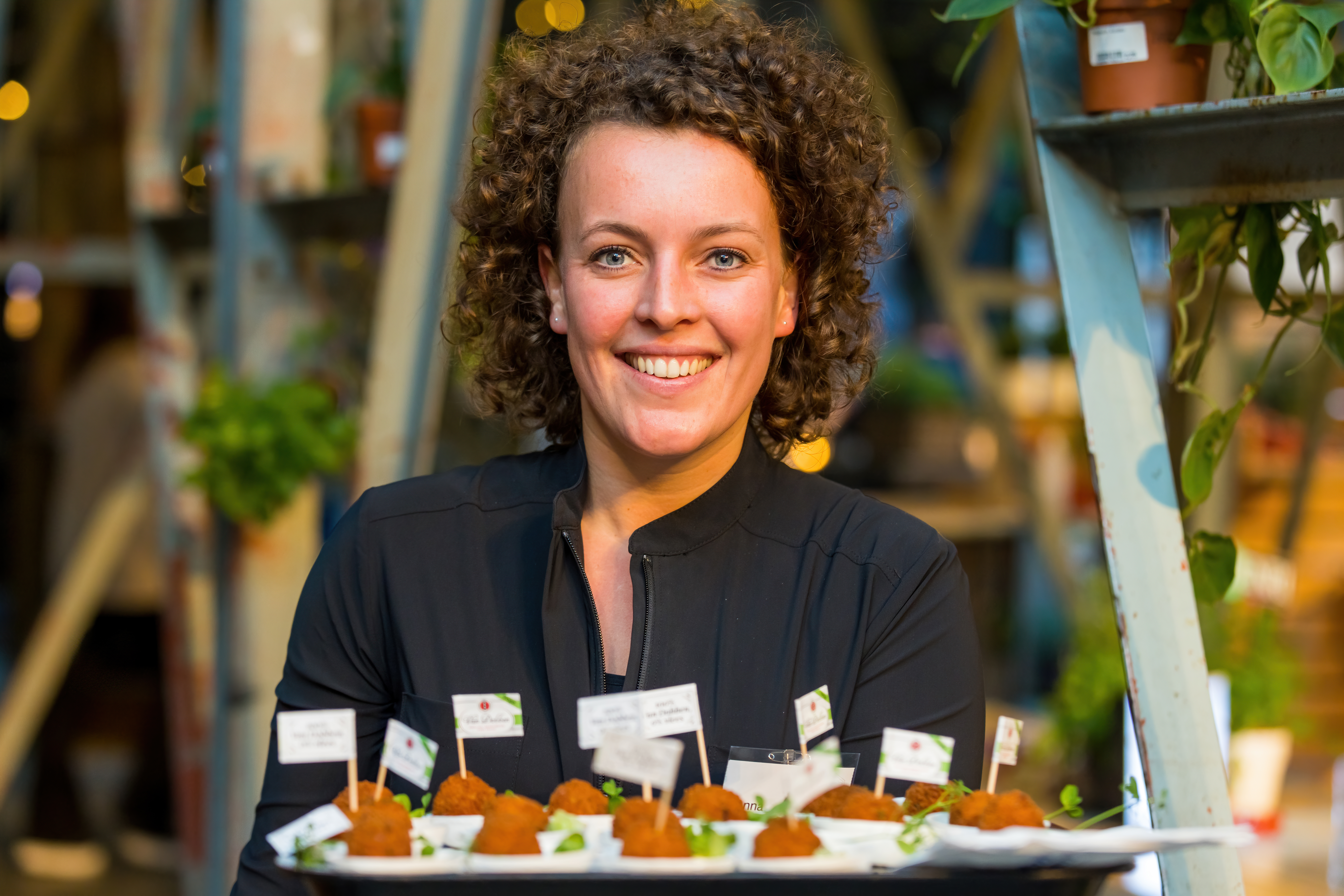
4 Employee positivity
Personnel is a scarce resource in the foodservice industry. Because of the coronavirus crisis, lockdowns and other constraints, an exodus of professionals in foodservice has taken place. Many of whom have found positions elsewhere and aren't planning to return. Luckily due to the rise of system gastronomy, fewer people are needed, but it increases the importance of well-trained experienced staff members, and those are scarce as well. Employer branding is an important spearhead. We have eroded ourselves as a hospitality sector in recent years by treating hospitality work as a transitional job. A part-time, temporary job you do, before you find 'real' work. To tackle problems, a profession in foodservice should be marketed as one with a good salary, career opportunities, a healthy work environment and opportunities to develop oneself. This is the only way the industry will become employee positive again.
3 implications
- The employee decides. Employers in the hospitality industry should be happy if someone wants to work for them. Flexible rosters, appealing benefits, a good atmosphere and training and development opportunities are essential. The hospitality industry must start working on an HR policy.
- Invest in innovation. The employee crisis continues and will only become worse in upcoming times. Every FTE that can be saved by being smart about technology is a bonus. Learn about the possibilities and invest where necessary.
- Make hospitality work more than just a job. Offer the prospect of a career. Develop, train and coach your talents. Even small hospitality companies where multiple job levels do not exist can have an employee specialize in wines, cocktails or beers.
 Written by
Written by 